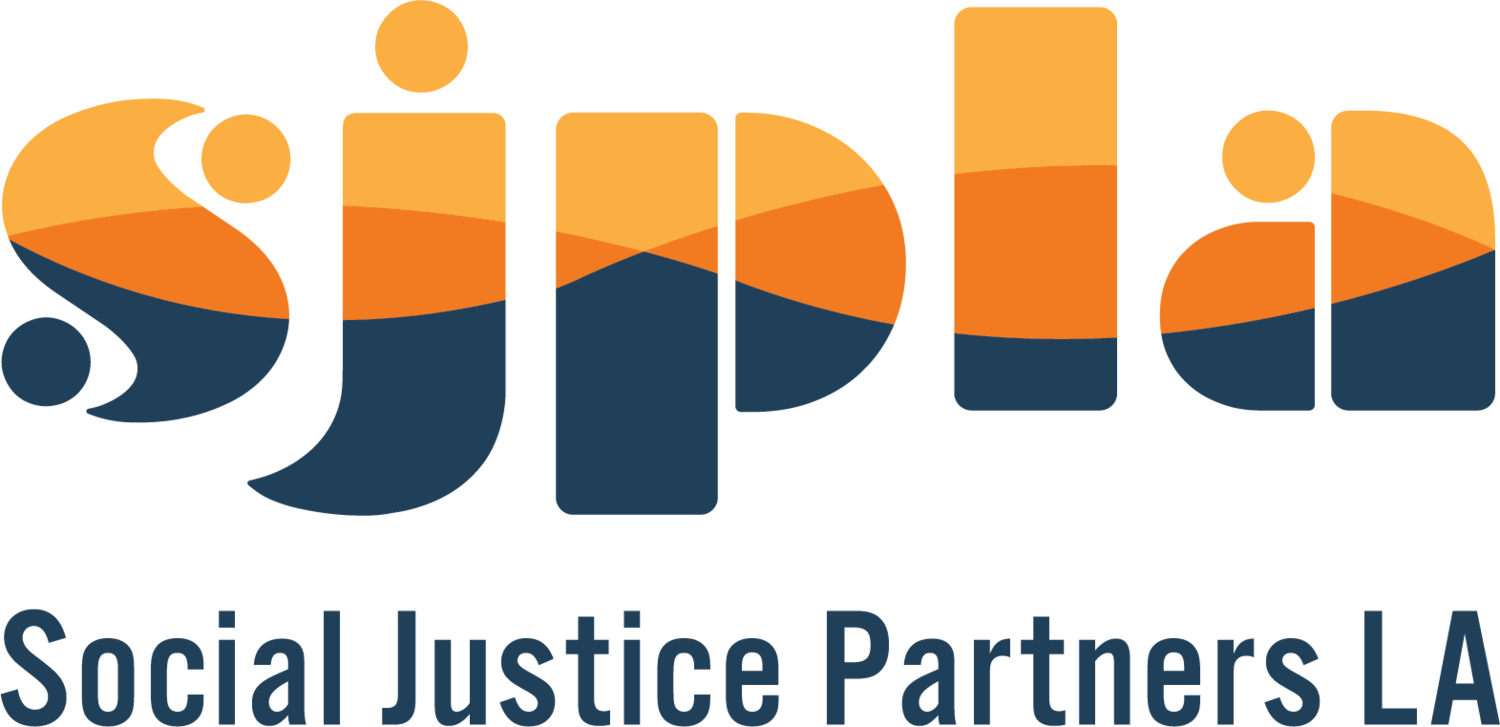Accountability in a Liberatory Workplace: A Journey from System to Self
When we were first dreaming about co-creating a liberatory workplace seven years ago, we believed strongly that our workplace could foster dynamics that are sometimes thought to be contradictory - liberation and belonging, purpose and wellbeing, agency and interdependence. We knew we could create an SJP where our team experiences all of this. We started thinking about how to redesign traditional approaches to workplace policies and practices, to bring this vision to life in tangible ways. Over the years, we’ve worked through many questions and challenges, like how we hold individual and collective wellbeing simultaneously, and how to replace the practice of performance reviews with appreciation and real-time feedback.
In a world that often equates top-down structures with effectiveness, one question frequently comes up when we talk about a liberatory workplace: How can we foster practices of collectivism and accountability to ourselves, each other, and our community in an environment where our team members can also feel our own freedom and agency? We explored this question at our 2023 team retreat, and we concluded that our vision for liberation and accountability aren't contexts that are at odds – they're allies. Accountability is about honoring relationships and managing agreements proactively to support our team’s wellbeing and our mission. This conversation from a year ago is now shaping the accountability section in our first-ever team handbook.
From Top-Down Reviews to Mutual Accountability
SJP hasn’t had a traditional performance review structure for the last eight years. We feel they often overlook the deeply interconnected nature of the work and aim to quantify the immeasurable contributions of each team member. Instead, we’ve focused on appreciation and real-time feedback, creating annual celebrations of each team member while also committing to real-time feedback for one another. As our team has grown over the years, now to a team of eight, we’ve realized we need an even clearer approach to accountability in the absence of the more traditional structures.
When we dove into this topic at our team retreat, we started by reflecting on how accountability was structured in our previous jobs. Many of us recalled top-down feedback mechanisms from past roles. The vertical feedback mechanism where feedback flowed only from the top down created environments that hindered mutual respect and multidirectional feedback. Many of us also shared that the attempt to quantify work that is inherently qualitative via work plans and performance reviews often felt transactional and not productive.
At our retreat, we had the space to dream together about what accountability in a liberatory workplace can look like. We explored our motivations, aspirations, and fears. Through these conversations, we've begun to understand how to create space to strengthen our internalized and interpersonal accountability, while also continuing to hone how we hold these values in our structures as well.
Tapping into Purpose
We explored the spaces accountability can live, from internalized to structural, drawing from racial justice frameworks that we center throughout our work. The concept that liberation starts with how we show up with ourselves and each other resonates deeply with us. It's important to us that everyone feels a personal connectedness to the work and clarity on each of our roles in creating the world we envision.
We first look to understand our individual motivations for being in this work to create a strong foundation of our own purpose and agency in the work. We then share with each other what motivates us and how we would like to be held accountable, to strengthen our ability to partner and create interconnectedness across our team.
This understanding strengthens our relationships and then informs the structural mechanisms we co-create, as we have a commitment to continually letting our culture inform our structures.
Generative Conflict: Embracing Feedback
Many of us have complex relationships with feedback, and we talked about the ways that our feedback to one another is crucial in a workplace without the traditional top-down structures. One value stood out in our discussions about feedback - our collective commitment to "generative conflict" where the intention is to repair the ruptured connection between team members and create a plan to approach that challenge differently in the future. This is a muscle we’re continually building together, as we uproot the white supremacy culture dynamics of conflict avoidance.
Looking Ahead: Our Evolving Path of Accountability
While we’re still refining our team handbook, one thing is certain: our journey to accountability in a liberatory workplace is collective. We recognize that accountability lives in each of us and between us, and it also lives in the systems and structures we build together in service of everyone thriving.
As we continue to explore the interconnectedness of agency and accountability, we're learning that the two are not only compatible but so interwoven. Our opportunity and our commitment is to be deeply accountability to ourselves, each other, and our communities, as we work to embody the world we envision.
